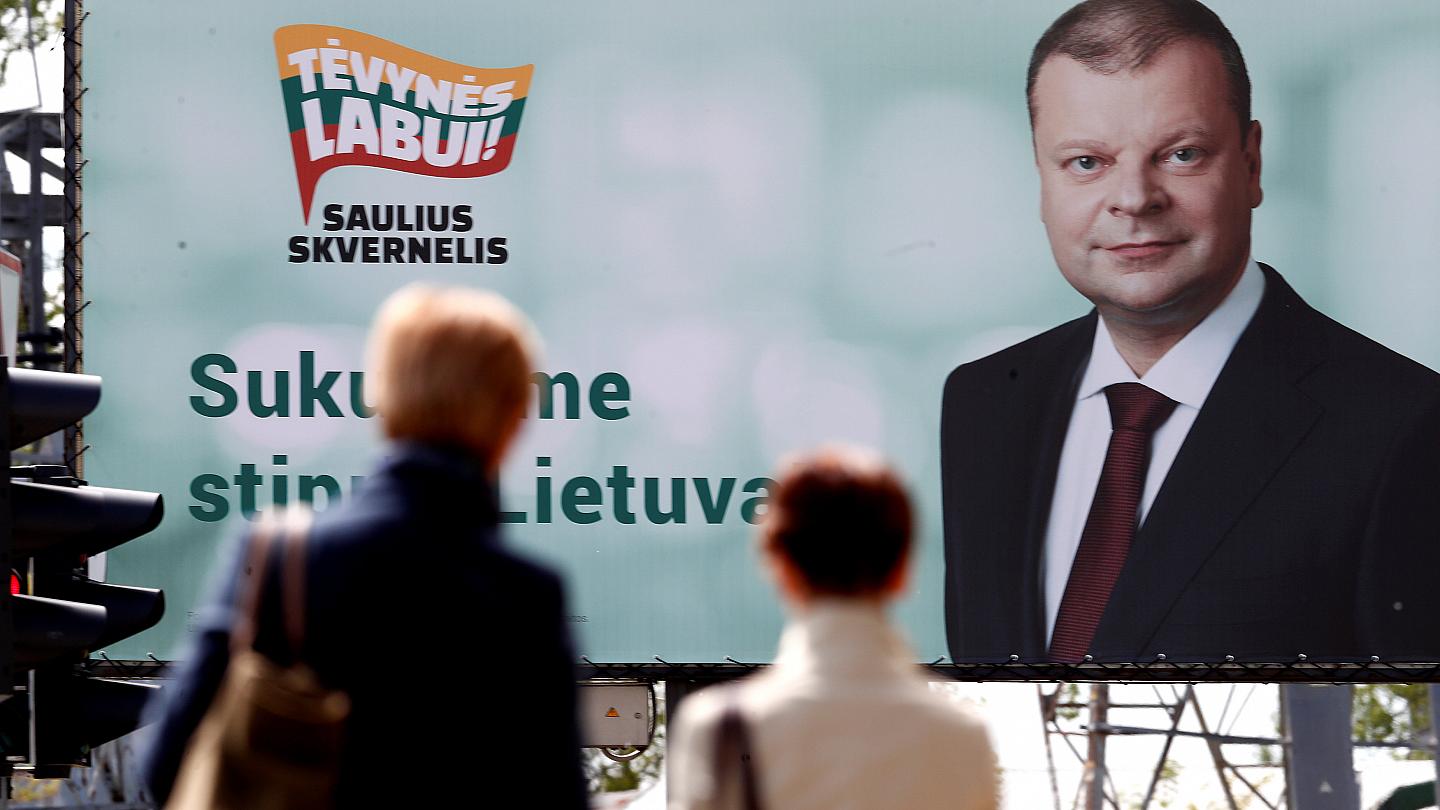Home » Voters in Lithuanian presidential elections focus on inequality and relations with the EU
Voters in Lithuanian presidential elections focus on inequality and relations with the EU


Lithuania votes in presidential elections today, where issues of social and economic inequality have dominated campaigning.
Incumbent President Daria Grybauskaité is barred from running for a third term. Nine candidates are vying to succeed her, with the three front-runners coming from across the political spectrum. Rising social and economic inequality is the biggest issue for voters, as living standards remain significantly below EU averages despite wage growth of 10% last year.
The frontrunner is current centre-left PM Saulius Skvernelis, who has pledged to do more to support the country’s rural regions to boost exports and growth, while also spending more on social programs. Ex-finance minister Ingrida Simonyte has pledged to lift Lithuania’s growth from above its 2019 projection of 2.9%. However, her policies are vague, and her technocratic background as an economist means she is unlikely to embrace increased social expenditure. The third frontrunner is independent populist candidate Gitanas Nauseda, whose has pledged to build a welfare state and is using his outsider status to draw support away from the two main front runners.
The results are expected to be close however, with the latest polling showing Skvernelis and Simon virtually tied on 25-25% with Nauseda close behind. Regardless of an anticipated victory by Skvernelis, social spending and efforts to combat growing inequalities will expand regardless of who wins today.
Wake up smarter with an assessment of the stories that will make headlines in the next 24 hours. Download The Daily Brief.
Kai looks at security and political turbulence in the emerging market economies and also serves as a publisher with The Daily Brief.

